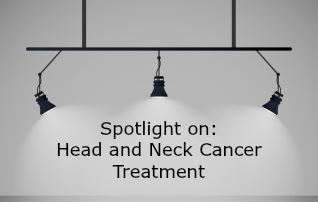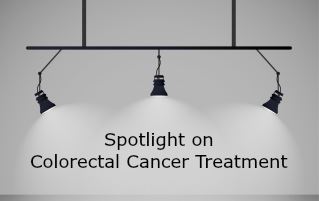Could Going to Uni Put You at Risk of Serious Illness?

According to a recent study in Sweden, there is a link between higher education and increased brain tumour risk for certain types of brain tumour.
The study recently published by the Journal of Epidemiology and Community Health has “observed consistent associations between higher SEP (socioeconomic position) and higher risk of glioma.”
Researchers found that men who had attended university level education for at least three years were 19% more likely to develop a glioma, which is a type of cancerous tumour in cells that support neurons in the brain, than men whose educational level did not extend beyond compulsory education.
For women, researchers identified a risk of 23% for glioma, and 16% higher for meningioma-a mostly non-cancerous brain tumour in the tissue that surrounds the brain and spinal cord- than those who did not go on to attend higher education.
Occupation was also analysed during the study which also helped to support this trend.
Men in professional roles were 20% more at risk of contraction glioma and there was a 50% heightened risk of acoustic neuroma compared to men in more manual based roles.
Likewise, for women in managerial roles, the risk of glioma increased by 20%
“One possible explanation is that highly educated people may be more aware of symptoms and seek medical care earlier”, argues Amal Khanolkar, who is a co-author of this research project, which would therefore lead to more diagnoses amongst this particular socioeconomic group than others.
The study itself involved the monitoring of 4.3 million people in Sweden between 1993 and 2010, gaining information of each of the participants’ socioeconomic status from various sources including national insurance, the labour market, and national census data.
Of the 4.3 million, 1.1 million people died and more than 48,000 emigrated, but 5735 of the men and 7101 of the women developed a brain tumour, according the study’s findings after the 17-year monitoring period was completed.

Such a large population-based cohort was designed in order to reduce the risk of selection bias, whilst complete nationwide coverage of study exposures was collected in terms of different indicators of SEP since they might influence brain tumour risk in different ways-
“For example, education may influence recognition of symptoms leading to earlier medical care whereas certain occupations may be associated with occupational exposure to carcinogens.”
However, researchers say that “no firm conclusions can be drawn about cause and effect” and they point out that they were “not able to glean information on potentially influential lifestyle factors.”
Alivia’s U.K. Managing Director, Richard Kensett, urges caution from this study:
“While it is always interesting to see studies such as this, it shouldn’t cause too much alarm. At Alivia we feel it is more likely to be a stressful work environment that makes the likeliness increase. The message here should be ‘Don’t make yourself sick by working too hard’ rather than don’t go to University. Further education is what brings bright people into science and medicine and therefore bring the health industry forward, we wouldn’t want to lose that!”




